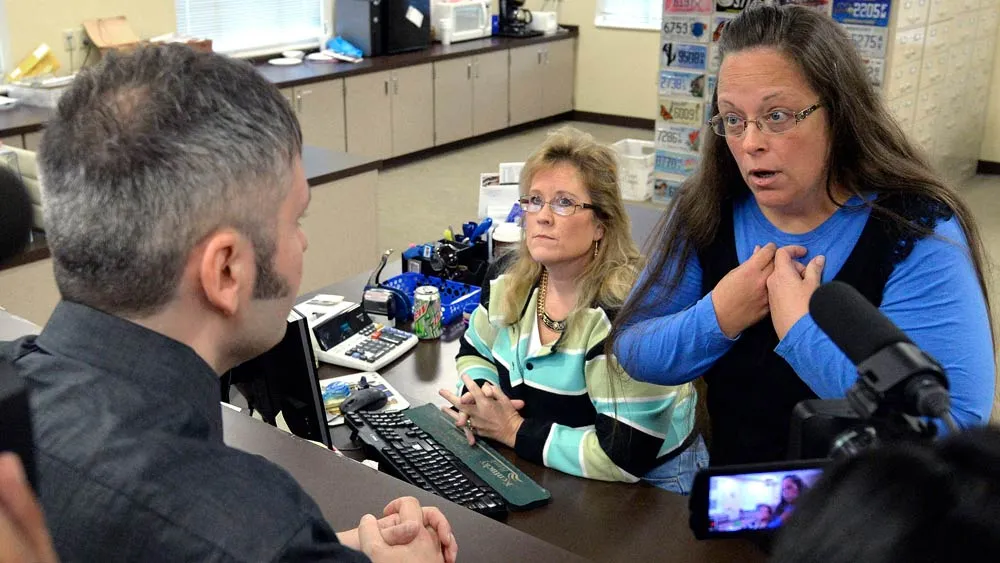January 4, 2012
Ask the Doc :: Talk to the Fist
Jason Faulhaber, M.D. READ TIME: 1 MIN.
Question:
Dear Dr. Jason,
How risky is fisting?
Hmm
Doctor Jason's Response:
Fisting can be quite risky if not done cautiously. First off, a significant amount of lubrication is required; you can never have too much. Secondly, protection--such as a latex-free glove--should be used; it provides protection from infection and injury for both parties. Thirdly, remember the story of the tortoise and the hare; slow and steady win the race.
Advancing immediately to an entire fist without proper preparation can cause physical damage, such as tears in the skin on the outside as well as tears of the rectum, which can cause a significant internal infection. Fisting can increase the pressure within the rectum, which can also cause a tear in the colon, as well as hemorrhoids. Insufficient lubrication can cause small tears in the rectum, thereby increasing the risk of acquiring sexually-transmitted infections, including HIV and Hepatitis. If no protective glove is used, then the fingernails can cause tears too.
Repeated fisting can stretch the natural muscular sphincters of the rectum and anus; these sphincters are necessary to prevent you from having an "accident" with your bowel movements. That's not pretty for anyone. If you develop any pain or bleeding during the act, you should stop immediately. If you develop pain, bleeding, or discharge afterwards, then you should seek medical attention.
Stay healthy,
Doctor Jason
Dr. Faulhaber is a graduate of Tulane University in Psychology and Cellular and Molecular Biology and received his medical degree from the University of Medicine and Dentistry of New Jersey, Robert Wood Johnson Medical School. He performed his residency training in Internal Medicine and Pediatrics at Saint Vincent's Hospital in Manhattan, where he then served as a Chief Resident in Internal Medicine. He completed his fellowship in Infectious Diseases at New York University, where he specialized in HIV/AIDS, Hepatitis, and fungal infections. Since fellowship, he has been working as an Internal Medicine/Infectious Diseases physician at Fenway Community Health in Boston. He is a Clinical Instructor in Medicine at Harvard Medical School, and he is affiliated with Beth Israel Deaconess Medical Center. He has been the lead author or co-author of several journal articles and textbook chapters on infections with HIV, other viruses, bacteria, and fungi. He is also accredited by the American Academy of HIV Medicine.
This story is part of our special report: "Ask the Doc". Want to read more? Here's the full list.
Disclaimer:
The content provided on this website is for informational purposes only and is not professional medical advice, diagnosis, treatment or care, nor is it intended to be a substitute. Always seek the advice of a physician or other qualified health provider properly licensed to practice medicine or general health care in your jurisdiction concerning any questions you may have regarding any content obtained from this website and any medical condition you believe may be relevant to you or to someone else. Never disregard professional medical advice or delay in seeking it because of something you have read on this website. Always consult with your physician or other qualified health care provider before embarking on a new treatment, diet or fitness program. Content obtained from the website is not exhaustive and does not cover all diseases, ailments, physical conditions or their treatment.


